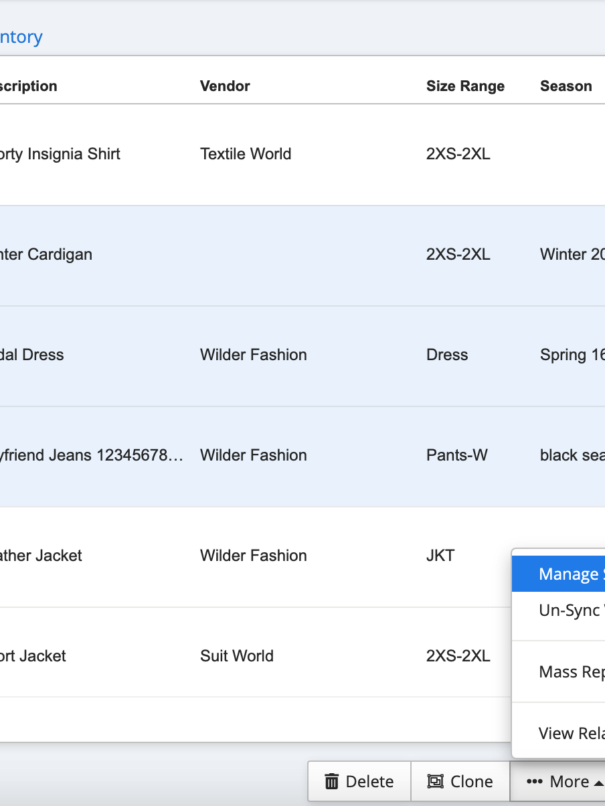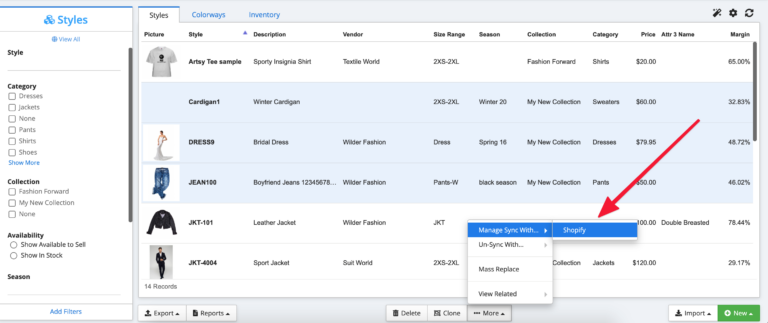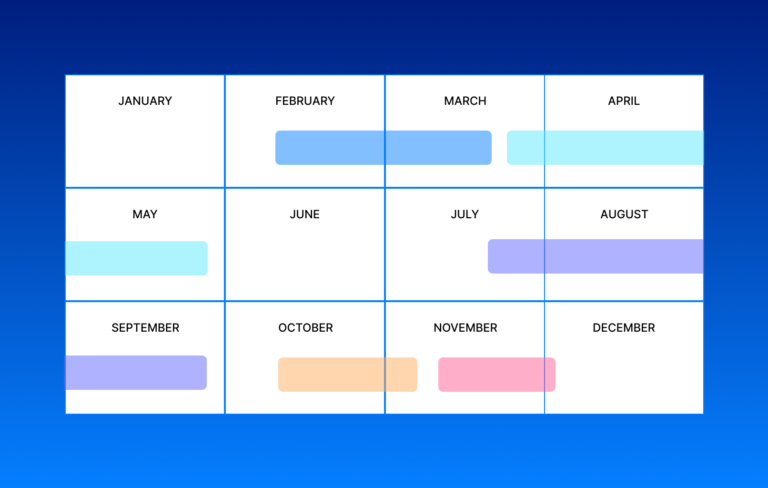The apparel industry is a dynamic and ever-changing landscape driven by consumer preferences, technological advancements, and global trends. In recent years, a significant shift has occurred in the way fashion businesses operate, thanks to the integration of mobile enterprise resource planning software.
As consumers increasingly turn to affordable and accessible options like Amazon and Wal-Mart, the need for efficient inventory management and supply chain processes has never been more critical. Luckily, ERP mobile systems have emerged as a solution, providing real-time access to data, tracking, and visibility, thereby improving control over business operations and ensuring no delays or disruptions in operations.
The integration of ERP in the apparel industry has gone beyond mere inventory management. It has become a multi-faceted tool that connects various systems to manage day-to-day operations, providing real-time information that allows companies to make better decisions and streamline processes. This has made apparel ERP popular, integrating into businesses with ease and delivering valuable information on demand.
Managing information from different sources has become a complex task, and ERP mobile systems are playing a pivotal role in addressing this challenge.
This blog post aims to explore the impact of ERP mobile systems for mid-size to well-established apparel businesses and how they are shaping the industry’s future.
Apparel Retail Industry Overview
The apparel retail industry is at a crossroads, where traditional retail models are giving way to modern, technology-driven trends. The once-dominant brick-and-mortar stores are now complemented by virtual runways and immersive shopping experiences, revolutionizing the way consumers interact with fashion brands.
In this new era, omnichannel experiences are becoming the heralds of the new apparel age, melding digital solutions with in-store experiences. Solutions like ApparelMagic are delivering key features that make a world of difference for the apparel business, allowing them to take orders without a hitch, even via their mobile devices, and, top of all, ensure that each aspect of their back-end operations – inventory control and management, expense reporting, garments customization, supplier management – are in order.
Going on, sustainability is no longer a buzzword but a core strategy for success. Top fashion brands are going digital to foster ethical sourcing, reduce pollution, and meet today’s consumer demands for sustainability.
In addition to that, customer engagement is being redefined, with instant access to data insights helping brands match customer lifestyles and values with curated content, style advice, and personalized shopping. And all of that is made possible thanks to modern solutions that are tailored to apparel businesses’ needs – ERP solutions. And now, we have another step in the right direction that’s taking all of ERP features and allowing businesses to leverage them via their mobile devices.
The Role of Mobile ERP Systems in Apparel Retail
The integration of ERP mobile platforms in the apparel retail industry is not just a technological advancement; it’s a strategic transformation that’s reshaping the way businesses operate.
Here’s an in-depth look at the impact and statistics related to mobile ERP software in the apparel retail sector:
1. Unifying Business Processes
Mobile ERP systems are designed to collect and organize key business information, helping organizations run lean and ensure operational efficiency. By automating business processes and providing insights and internal controls, ERP systems unify various departments and core processes, such as accounting, manufacturing processes, supply chain management, sales, marketing, and human resources. This unification leads to major efficiency gains and cost savings, translating into a more streamlined business model. Learn more about mobile ERP.
2. Enhancing Collaboration and Efficiency
Disparate data sources often hinder collaboration and efficiency within an organization. Mobile ERP systems solve this problem by compiling information in a central database, granting managers and employees cross-departmental visibility. This eliminates conflicting data sources and empowers teams to analyze various scenarios, discover process improvements, and generate significant efficiency gains.
3. Tailoring Solutions for Individual Businesses
Having the right ERP at your disposal that meets the specific needs of your business pays major dividends. For the past twenty-five years, numerous renowned and prosperous companies around the globe have relied on ERP systems. Today, this software has evolved to be adaptable and affordable, catering to the requirements of businesses of all sizes.
4. Improving Customer Engagement
In the fashion industry, customer engagement is being redefined with data insights. Mobile ERP software solutions enable brands to match customer lifestyles and values with curated content, style advice, and personalized shopping experiences.
5. Driving Sustainability in Fashion
The fashion industry in the United States, encompassing apparel and footwear production, accounts for a significant 4 to 8.6 percent of global greenhouse gas emissions, a figure that surpasses the combined emissions of the aviation industry and countries like Germany, France, and the United Kingdom.
Nowadays, sustainability is a core strategy for success in the apparel industry. Mobile ERP systems support digital initiatives that foster ethical sourcing, reduce pollution, and meet consumer demands for sustainability.
6. Facilitating Real-Time Decision Making
With real-time data access woven into business processes and workflows across departments, mobile ERP software enables leaders to make informed decisions. Whether it’s avoiding spoilage in a food distribution chain or comparing sales to rents to decide on consolidation, ERP systems deliver valuable insights.
7. Adapting to the Future of Fashion Technology
As technological innovation accelerates, fashion companies are enhancing the in-store experience using in-store mobile apps and other technologies. Having the ability to access an ERP mobile app from mobile devices is at the heart of this digital transformation, enabling personalized shopping experiences, real-time inventory management, seamless checkout processes, and enhanced customer service quality.
By bridging the gap between online and offline channels and providing data-driven insights, these systems are reshaping the retail landscape.
The State of Fashion Technology Report 2022 by McKinsey further underscores the crucial role of mobile ERP software in this innovative shift, highlighting their significant impact and potential in shaping the future of the fashion retail industry.

Impact on Apparel Retail
Enhanced Efficiency
Mobile ERP systems streamline operations in the apparel retail industry, automating various processes and reducing manual efforts. This leads to significant efficiency gains, allowing businesses to respond quickly to market demands and customer needs.
Customer Engagement
Improving customer experience is at the heart of modern retail. Mobile ERP systems enable personalized services, tailoring shopping experiences to individual preferences and behaviors. This fosters loyalty and enhances customer satisfaction.
Data Analytics
Utilizing data for trend analysis and inventory management is crucial in the fast-paced world of fashion. Mobile ERP systems provide real-time insights, helping businesses make informed decisions and stay ahead of trends.
Challenges and Risks
While mobile ERP systems offer numerous benefits, they also come with potential drawbacks and security concerns. Implementing these systems requires careful planning and consideration of various factors, including data privacy and system integration challenges.
Conclusion
The impact of ERP mobile solutions on the apparel retail industry is profound and multifaceted. From enhancing efficiency to transforming customer engagement and leveraging data analytics, these systems are reshaping the way businesses operate.
Choosing the right custom mobile ERP will allow you to boost all of the aspects of your critical business workflows and ensure that clients receive only the best garments.
However, the journey toward full integration is not without challenges, and businesses must navigate these carefully to reap the full benefits.







